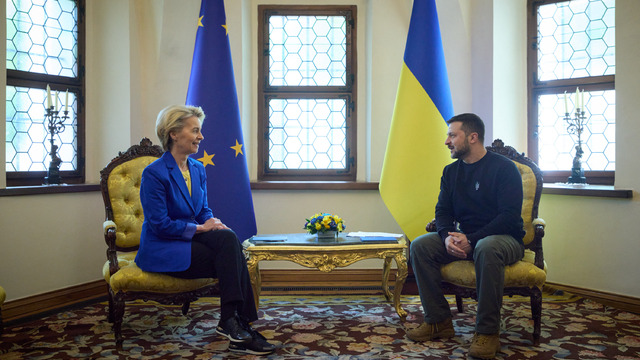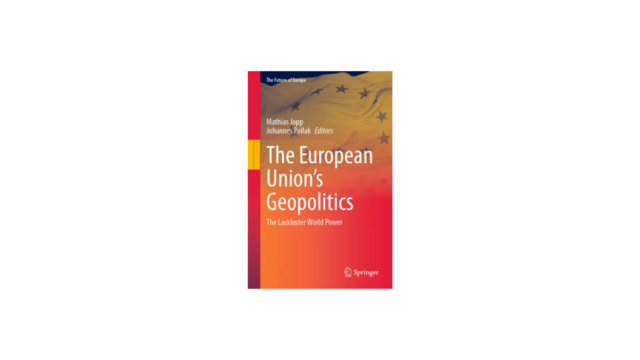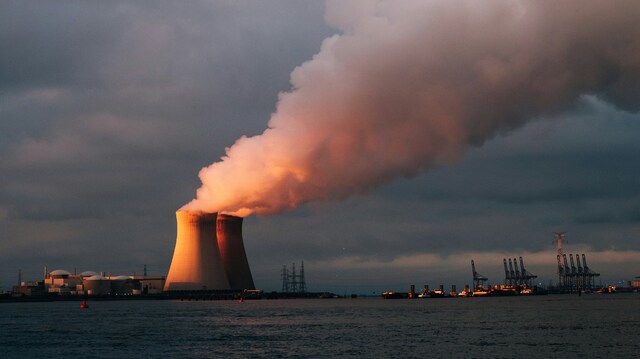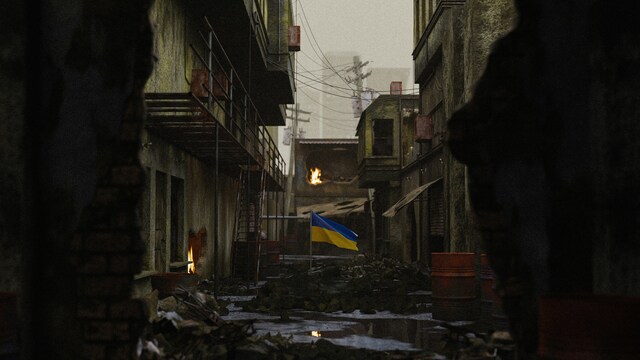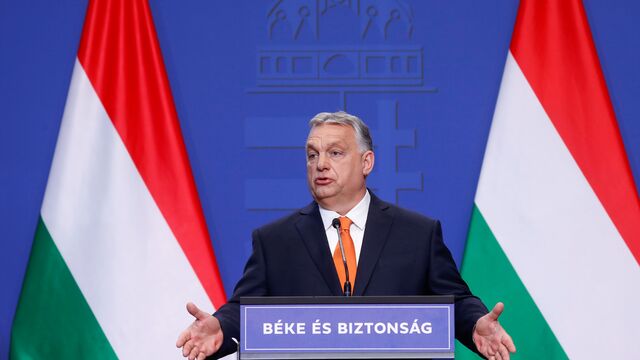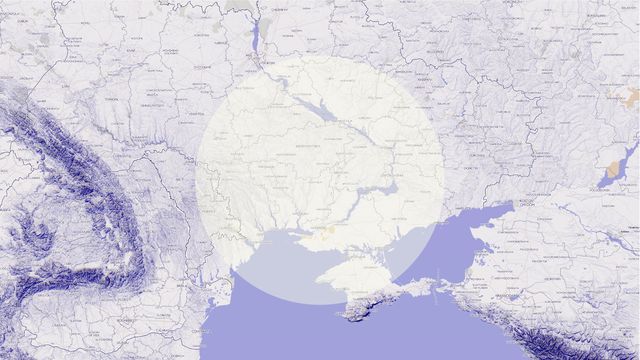Emancipatory Dimensions of In:Security – Coping with the Challenges of War in Ukraine

How can Ukrainian society reclaim security, equality, and justice amid the devastation of war? The new KonKoop In:Security Report explores this question through feminist, decolonial, ecological, and societal lenses — examining how communities in Ukraine are finding resilience in crisis. Together with other experts, Míla O’Sullivan contributed to this study with a chapter on feminist security and defence in the context of Russia’s war on Ukraine.
The publication Emancipatory Dimensions of In:Security – Strategies of Coping with War Challenges in Ukraine was authored by Nadja Douglas, Míla O’Sullivan, Yuliya Yurchuk, Oleksii Vasyliuk, and Tetiana Skrypchenko. It presents a multifaceted view of how Ukrainian society is responding to Russia’s aggression not only through military resistance but also through acts of social and intellectual emancipation. It builds on discussions from the third In:Security Workshop, held in October 2024, and highlights how gender, environment, and social cohesion intersect in Ukraine’s struggle for survival and transformation.
In her contribution, Míla O’Sullivan approaches security from a feminist perspective, framing it as an embodied, everyday experience. She examines how Russia’s invasion is also a war on gender, aiming to suppress emancipatory movements and enforce a conservative social order. O’Sullivan argues that Ukraine’s gender emancipation has both been threatened and strengthened by the war — as women have taken on active roles in civil and military defence, reshaping gender norms and the meaning of deterrence itself. Drawing on her research on NATO and feminist foreign policy, O’Sullivan calls for a feminist rethinking of deterrence and defence — one that goes beyond traditional military frameworks to include societal resilience, protection from gendered violence, and recognition of women’s agency in times of war. She urges policymakers to address the gender-blindness of Western recovery plans and to include social infrastructure — schools, hospitals, and childcare — as part of Ukraine’s long-term reconstruction and security strategy.
The report as a whole reflects on how different forms of insecurity — from environmental devastation to social fragmentation — are being met with creativity, solidarity, and resistance. It concludes that emancipation itself has become a form of security, rooted in human dignity, collective memory, and the determination to rebuild.
What does security mean when traditional power structures collapse? How can feminist, ecological, and local approaches help shape post-war reconstruction? These are among the questions this publication leaves open — and invites readers to explore further in full.
